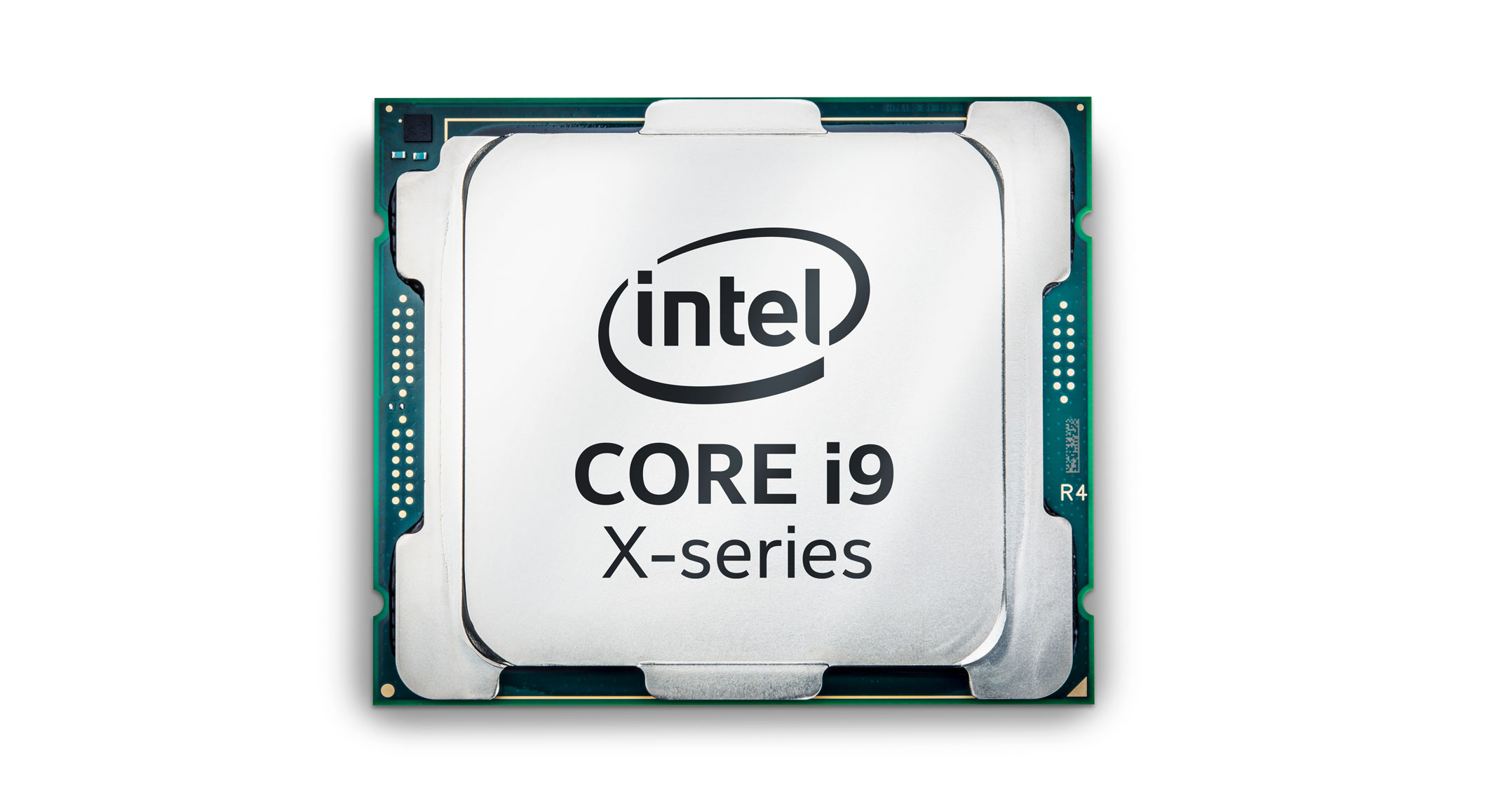
Intel has won a boost in its eight-year fight with the European Union over a €1.1bn fine in a case that could have ramifications for a list of disputes involving US tech giants including Google and Apple.
The EU’s top court ruled that Intel’s appeal had to be reexamined by a lower tribunal, criticising judges for failing to properly analyse the economic aspects of the case in its 2014 decision to reject the chip maker’s initial challenge.
The lower court “was required to examine all of Intel’s arguments” regarding a test to check whether the rebates used by the company was capable of harming competition, the EU court of justice in Luxembourg said on Wednesday. The lower tribunal — the EU general court — has to examine “whether the rebates at issue were capable of restricting competition”.
Intel is among the few companies to have continued a battle against a European Commission fine all the way to the top EU court. The Brussels-based antitrust regulator accused the company of using discounts to hurt Advanced Micro Devices, a decision backed by a lower EU court in 2014.
The commission hasn’t lost many antitrust cases over the last 20 years. Knowing that they face likely defeat, most companies being probed for monopoly abuse tend to cave in. They agree to a binding deal to change their behavior, shutting down the EU investigation early to avoid fines or to get a reduced penalty.
Qualcomm could be the most directly affected by the ruling. The EU is probing whether the company unfairly paid Apple to only use Qualcomm chipsets in its products. Google, under investigation for inducing phone makers to use its Android software, will also be watching closely.
‘Major implications’
“This ruling introduces important clarifications of the role of the general court when assessing commission decisions,” said Agustin Reyna, senior legal officer at European consumer organisation BEUC. “This can have major implications for ongoing and future competition cases, especially in the tech sector.”
Intel declined to immediately comment, saying it needed to study the ruling first. The EU said that it is now up to the general court to review the commission’s decision.
The EU’s top judges said the lower court was wrong to overlook how regulators scrutinised rebates and their finding that a hypothetical rival to Intel would have lost money if it charged the same prices. This puts the focus on how the EU runs such tests and will force the court to examine alleged errors made by regulators.

The EU’s investigation found that Intel hindered competition by giving rebates to computer makers from 2002 until 2005 if they bought at least 95% of PC chips from Intel. It said Intel imposed “restrictive conditions” for the remaining 5%, supplied by AMD, which struggled to overcome Intel’s hold on the market for processors that run the devices.
The case deals with “one of the most common and commercially relevant issues, which is rebates”, said Pat Treacy, a competition lawyer specialising in intellectual property and technology at Bristows in London.
The court’s decision to send the case back for review will add several more years of murkiness for lawyers on when rebates are legal. They will now have to wait for the lower court decision, which could take at least two years and could be appealed again.
The PC makers coaxed to not use AMD’s chips included Acer, Dell, HP, Lenovo and NEC, the commission said in 2009. The EU also said Intel made payments to electronics retailer Media Markt on the condition that it only sell Intel-based PCs. It ordered Intel to stop using illegal rebates to thwart competitors, an instruction that Intel complained was unclear. — Reported by Stephanie Bodoni, (c) 2017 Bloomberg LP

